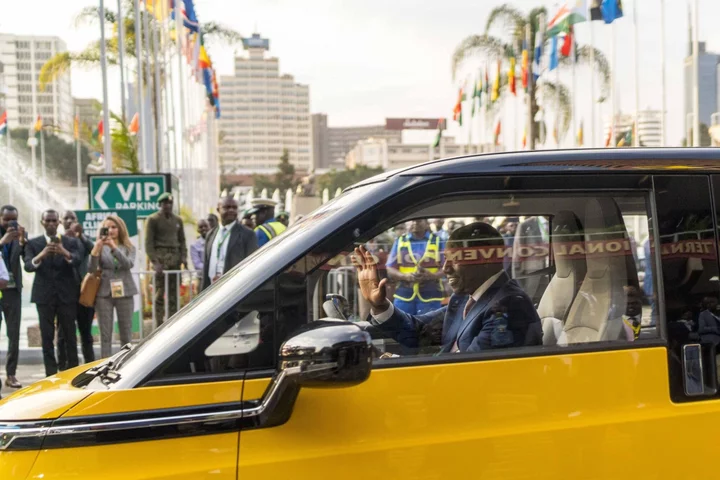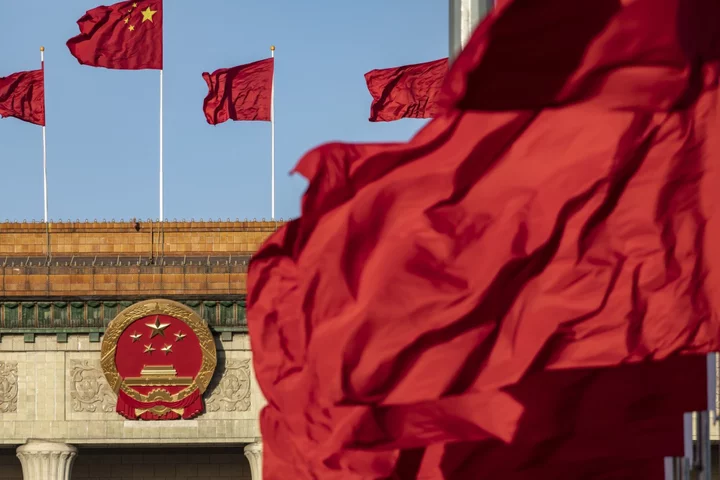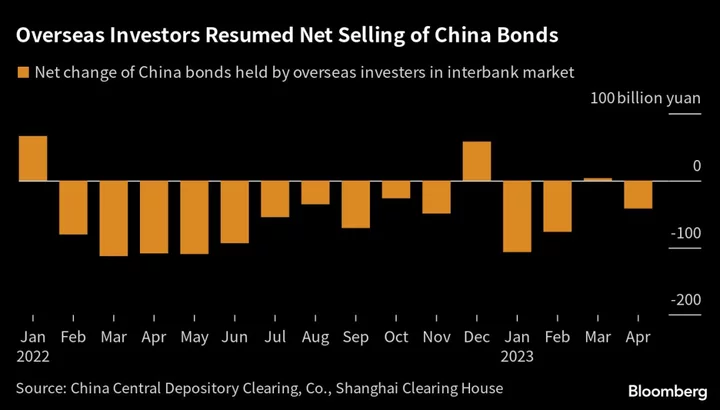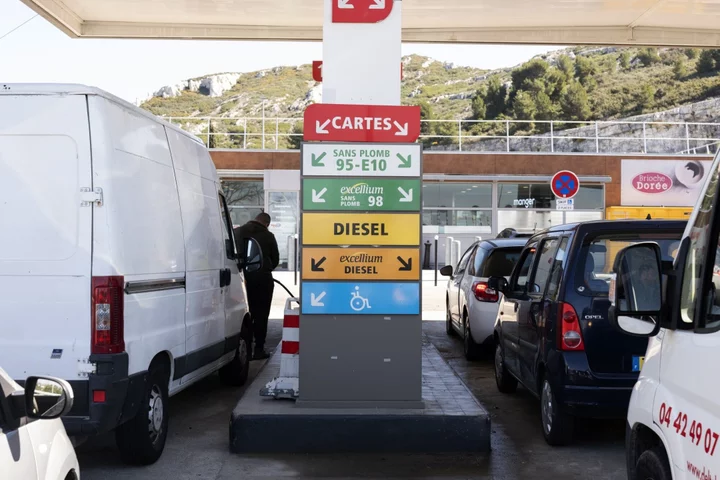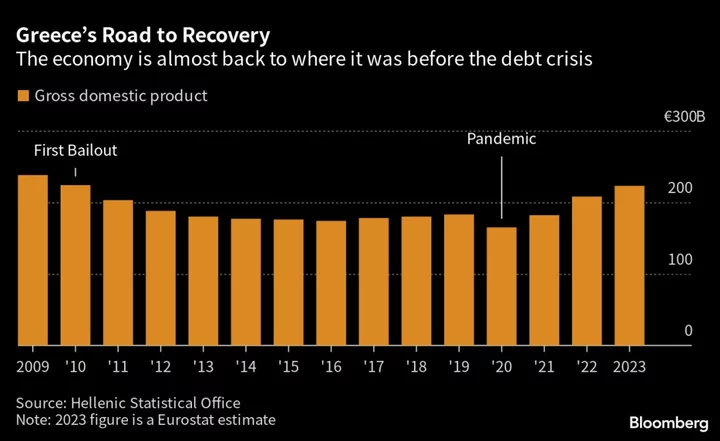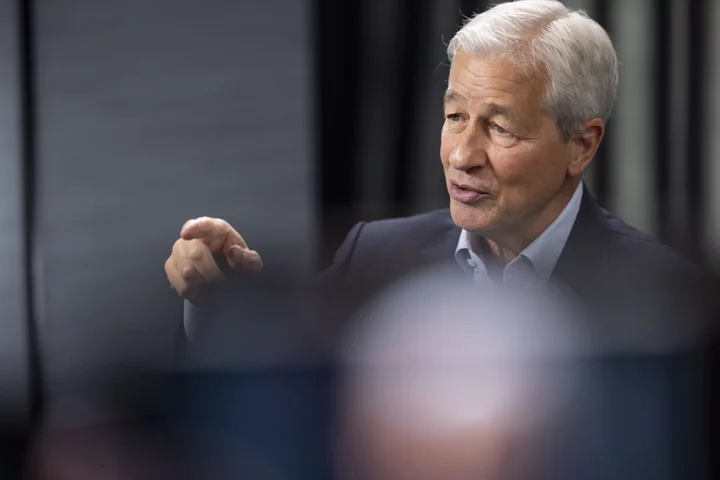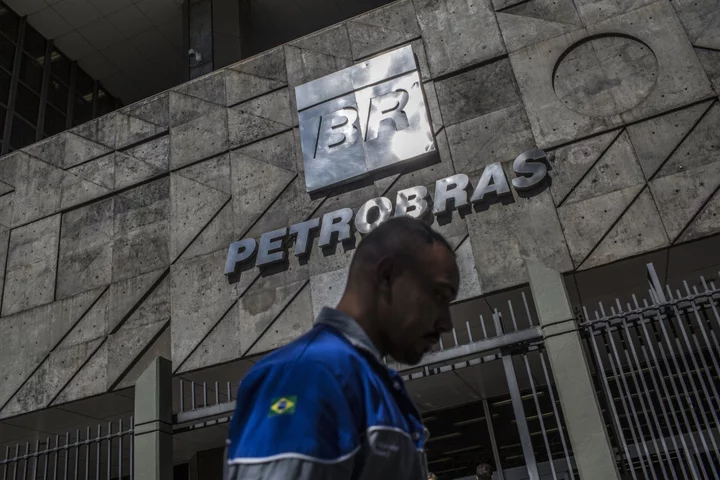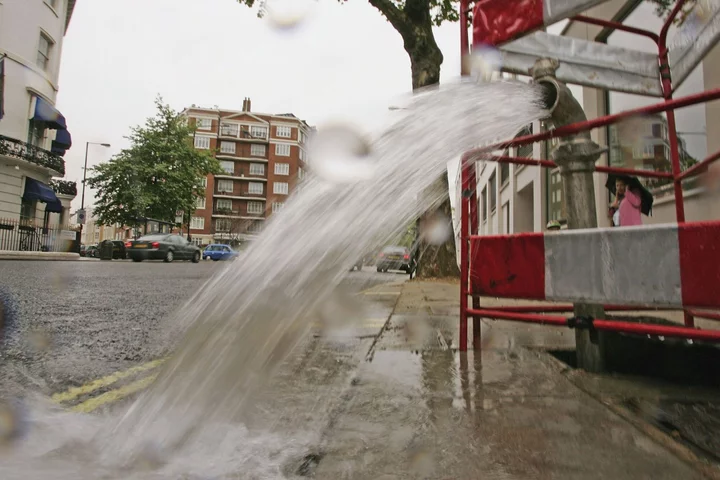Kenyan President William Ruto and the heads of two major finance and climate institutions said without a 10 to 20 year moratorium on interest payments on foreign debt the world’s poorest continent won’t be able to cope with climate change.
High debt levels built up by African nations during the global pandemic to finance their citizens and economies have left the continent paying more in loan servicing charges than it needs to invest in climate resilience projects, Ruto and his co-writers said in an opinion piece published by the New York Times.
“Countries in the West often plead with us to invest in the kind of ambitious resilience projects we need to survive in a warming world,” the writers said. “We can’t fix the climate issue unless we fix the debt issue.”
The demand adds to pressure from African countries and other developing nations for multilateral development banks and other lenders to provide more finance and ease debt loads so stronger bridges, roads and dams can be built to withstand extreme weather events. Their argument is that while they contributed almost nothing to the climate crisis unlike industrialized nations, they are bearing the brunt of its impact.
Ruto wrote the piece with Akinwumi Adesina, the president of the African Development Bank, Moussa Faki Mahamat, chairman of the African Union Commission, and Patrick Verkooijen, chief executive officer of The Rotterdam-based Global Center on Adaptation.
Africa needs $50 billion a year for climate adaptation, the writers said, citing a Global Center on Adaptation study. That compares with the more than $60 billion that will be paid to service debts this year, they said.
“Africa urgently needs a pause in debt repayments so that it can prepare for a world of ever-greater climate extremes,” they said, calling for such a measure to be discussed at the annual meetings of the International Monetary Fund and World Bank in Marrakesh, Morocco this week.
In addition to an interest payment pause they said innovative financing measures such as debt-for-nature swaps should be used to provide the funds needed. That would involve forgiving a portion of a nation’s debt in exchange for it investing in environmental conservation, according to the writers.
“The World Bank and the IMF now recognize that climate change is a new threat to economic and financial stability,” they said. “They are changing their lending policies in response. But much more needs to be done - and we are running out of time to do so.”
The mix of lenders who have extended credit to Africa complicates matters but it is a challenge that has to be met, they said.
“Africa is doing all it can to adapt to the consequences of climate change that are not of its making,” they said. “But it cannot adapt alone.”

